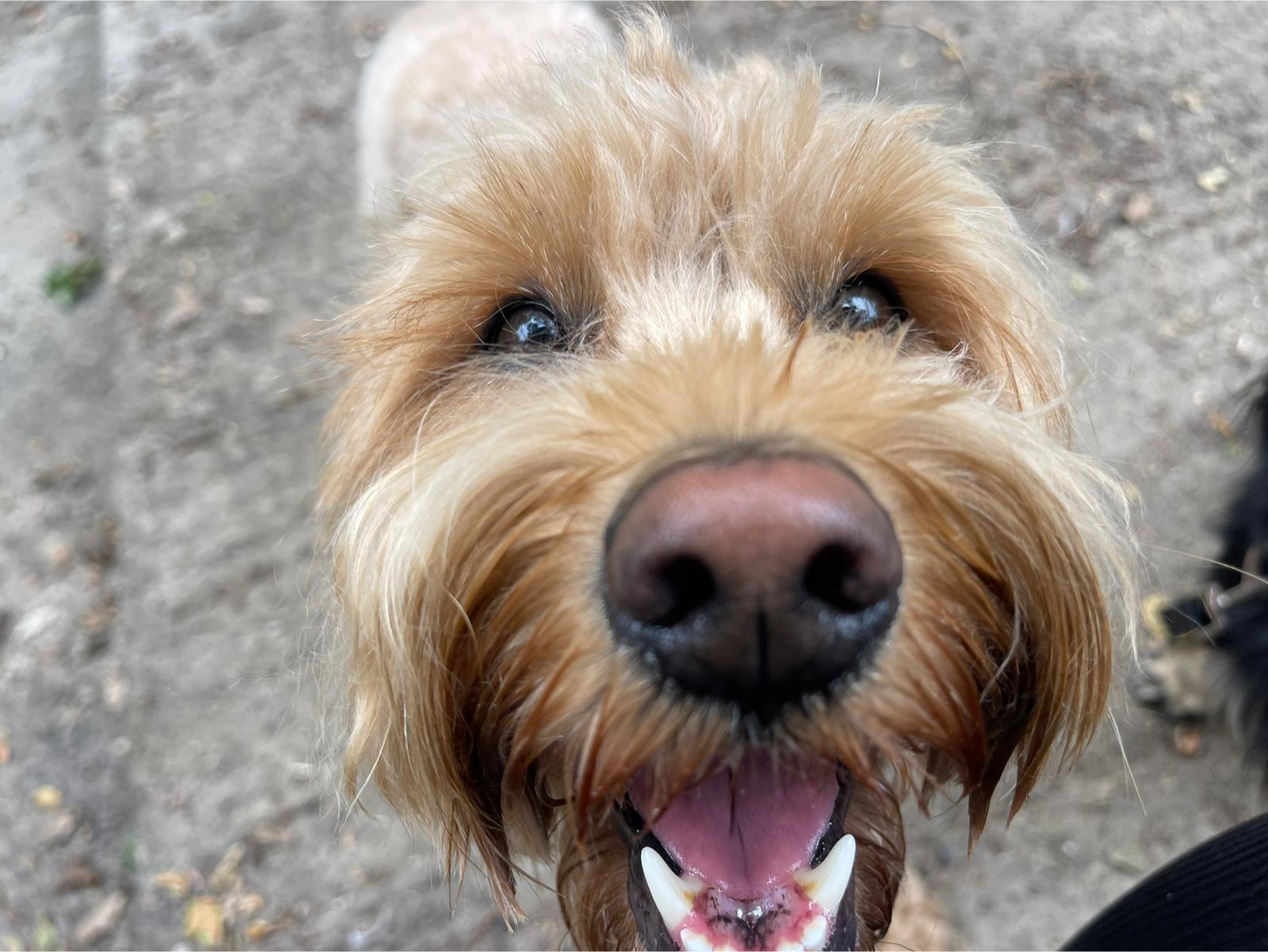September is a special month for celebrating the incredible bond between humans and their canine companions. But beyond the joy our pets bring, there’s a group of extraordinary dogs whose work changes lives every single day: service dogs. In the US, the month of September is dedicated to recognising their importance and achievements – it’s one tradition we’d like to see started over here!
These dedicated animals aren’t just pets; they are highly trained, working partners who provide crucial assistance and independence to people with disabilities. From guiding the visually impaired to alerting a person to a medical emergency, their roles are as diverse as they are vital.
Here are five simple yet significant ways to recognise the important work service dogs do.
1. Don’t Distract Them While They’re Working
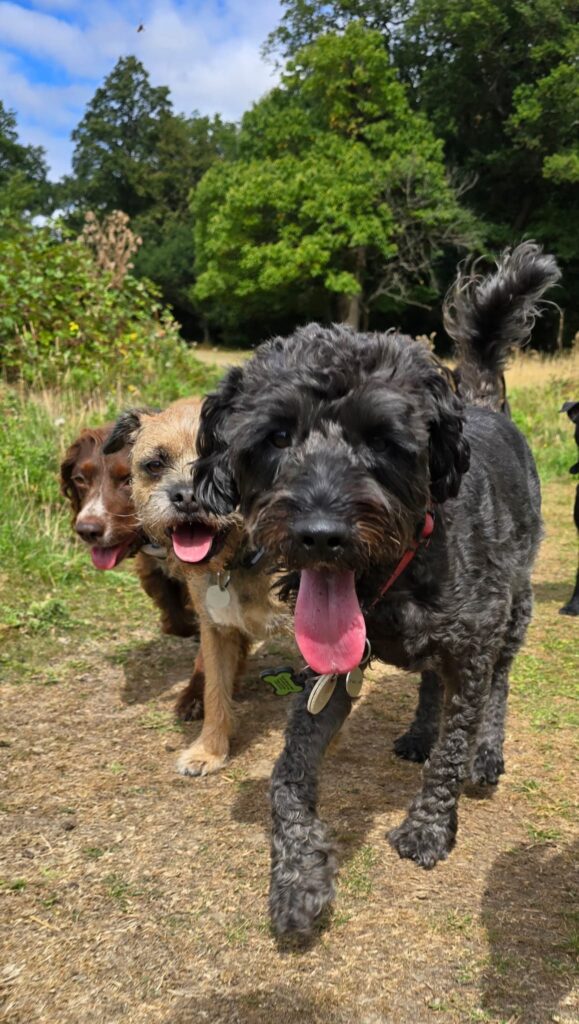
This is arguably the most important rule of all. A service dog wearing a vest or harness is on duty. Distracting them, no matter how well-intentioned, can have serious consequences. A moment of inattention could lead to a handler missing a critical medical alert or being put in a dangerous situation.
This means you should resist the urge to pet, speak to, or make eye contact with a working service dog. It’s tough, we know! But by giving them space, you are helping the handler stay safe and the dog stay focused on their job.
Find out more here
2. Teach Your Children and Other Adults
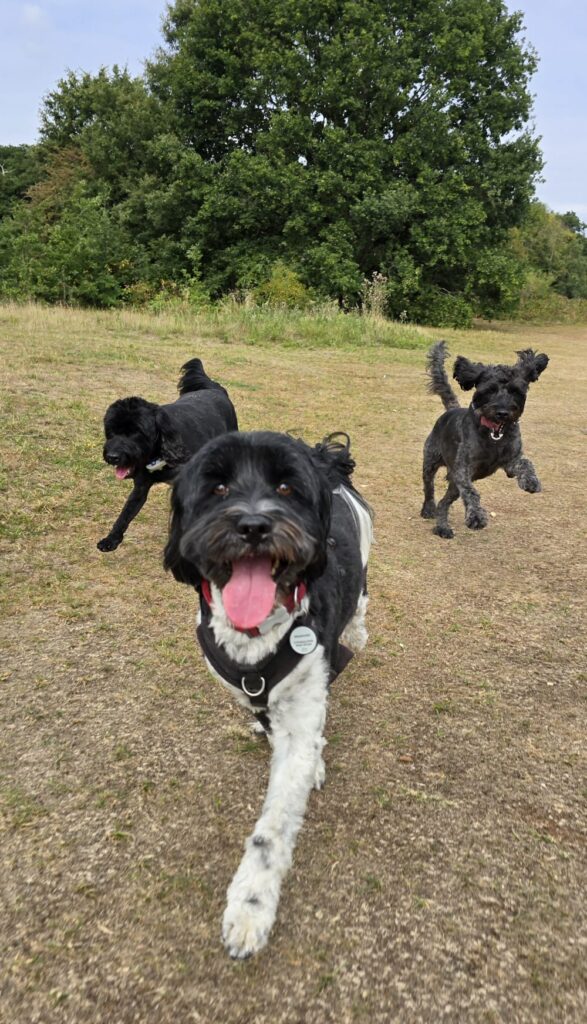
Educating those around you is a powerful way to make a difference. Many people are simply unaware of the etiquette surrounding service dogs. Take the time to explain to your children, friends, and family why they shouldn’t approach a working dog. A simple phrase like, “That dog is working, so we need to give them space,” can teach a valuable lesson for life.
You can also highlight the different roles service dogs play, from guide dogs for the blind to hearing dogs for the deaf, helping to foster a better understanding of their diverse skills.
Find out more here
3. Respect Their Access Rights
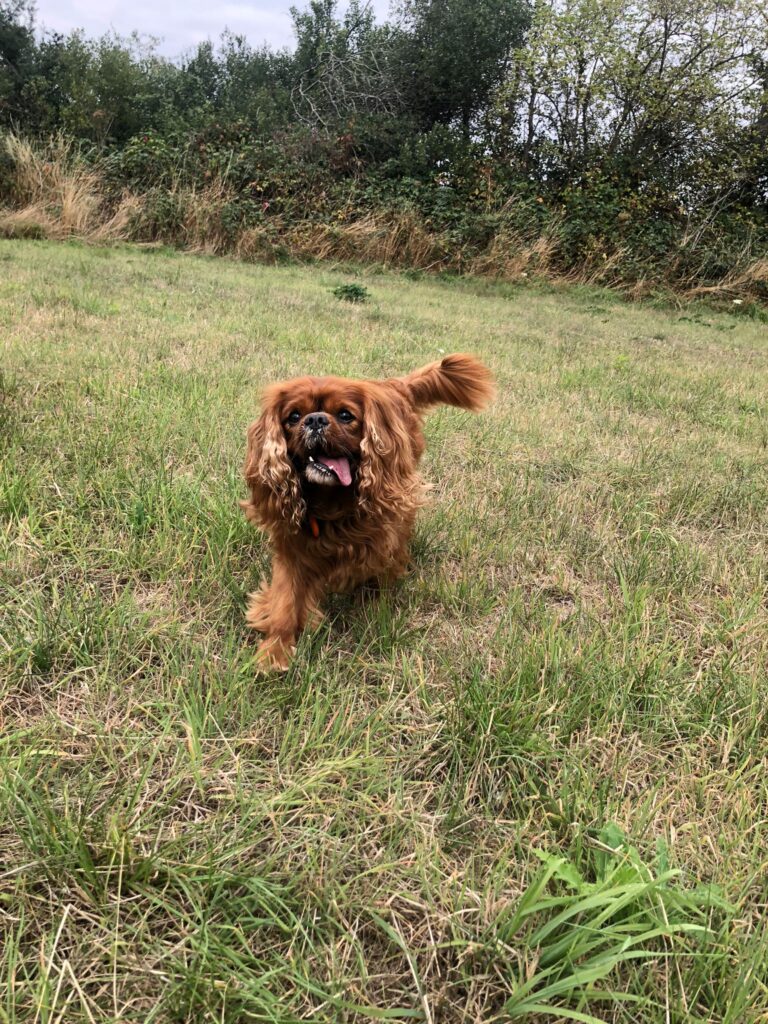
In the UK, the Equality Act 2010 grants assistance dogs and their handlers the right to access public spaces, including shops, restaurants, and public transport. Unfortunately, handlers are still sometimes denied entry.
If you are a business owner or employee, make sure you and your staff are aware of these laws. By welcoming service dogs and their handlers without question, you are not only abiding by the law but also showing respect for their essential partnership.
Find out more here
4. Ask Before Assuming
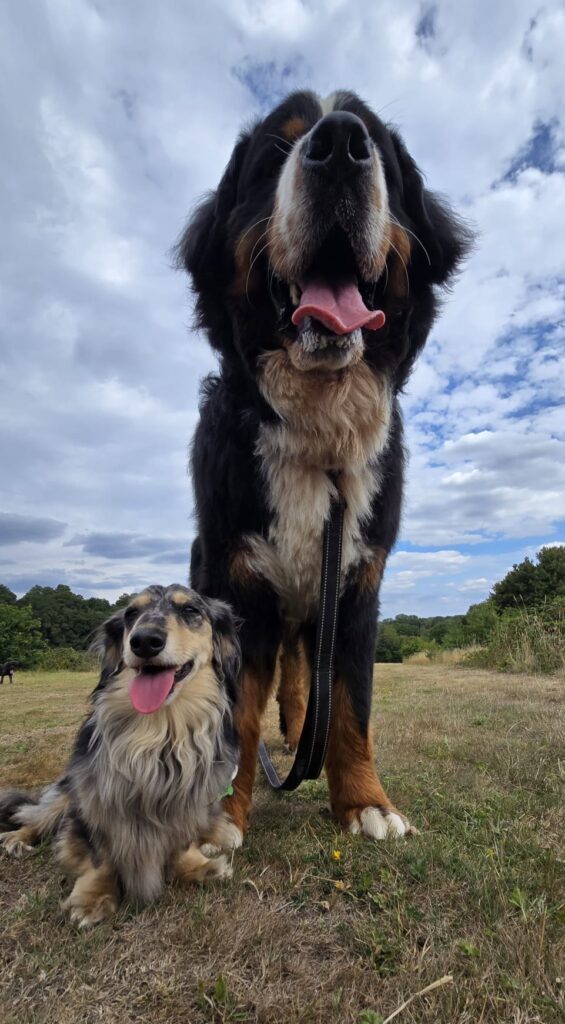
Curiosity is natural, but it’s important to be respectful. Avoid asking personal or intrusive questions about a person’s disability. Instead of assuming the dog’s purpose, you could simply acknowledge their presence with a polite, “What a beautiful dog,” and move on.
The handler is not obligated to explain their need for a service dog. Remember that the dog is a medical tool, and their reason for needing it is their own private information.
Find out more here
5. Support Service Dog Charities

The training of a service dog is an intensive and expensive process, often costing tens of thousands of pounds. Charities like Guide Dogs, Hearing Dogs for Deaf People, and Medical Detection Dogs rely heavily on donations to continue their life-changing work.
By donating, volunteering, or even just sharing their work on social media, you can help these organisations train more dogs and change more lives.
Find out more here
